Mrs. Miniver (1942)
“He’s young and he loves life, but he may die — any day, any hour.”
|
Synopsis: |
|
Genres, Themes, Actors, and Directors:
Response to Peary’s Review: He adds that “this was important because the purpose of MGM’s propaganda piece, which was filmed on the studio lot, was to motivate Americans to come to the aid of the British… and it is known to have succeeded to an astonishing degree.” With that said, as Peary notes, the “picture is self-conscious to an annoying degree”. He further admits that he has “always had mixed feelings about Greer Garson (and other actresses I can’t picture in blue jeans), but she deserves her Oscar if only because she agreed to be mother to an adult” (!!!). [In Alternate Oscars, he snubs Garson altogether and splits the Best Actress Oscar between Carole Lombard in To Be or Not to Be and Ginger Rogers in The Major and the Minor.] Greer’s performance is earnest and consistent, but she only seems to depict a few primary expressions, and never really surprises us with any noteworthy acting moves. Wyler would ultimately have much more success and authenticity with The Best Years of Our Lives (1946) — a film which has endured as a true wartime classic. Note: This film was added to the National Film Registry in 2009 for being “culturally, historically, or aesthetically” significant. Redeeming Qualities and Moments: Must See? Links: |
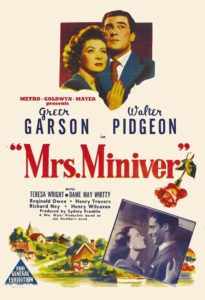

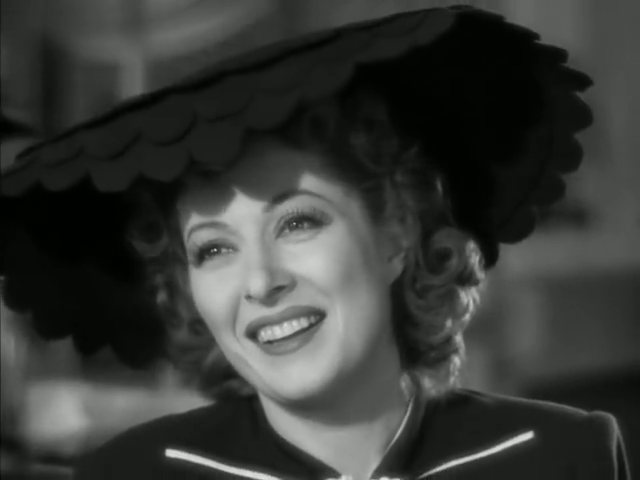
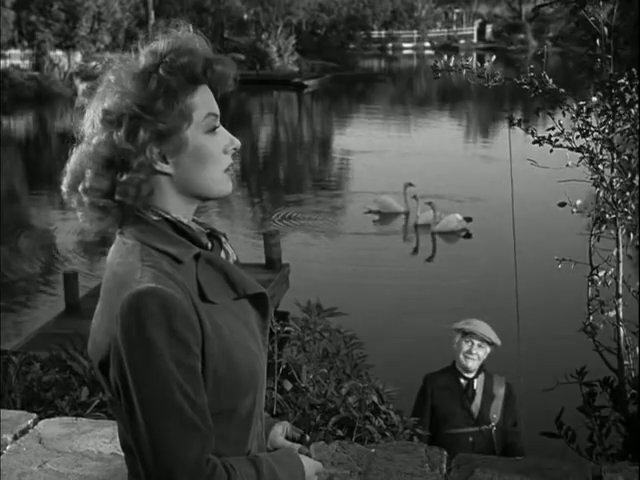

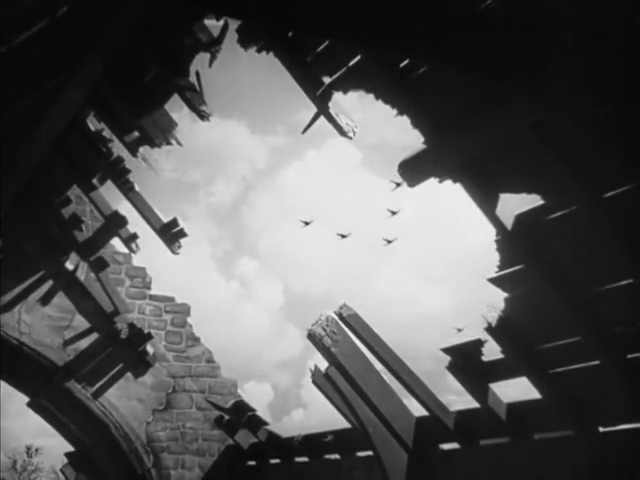
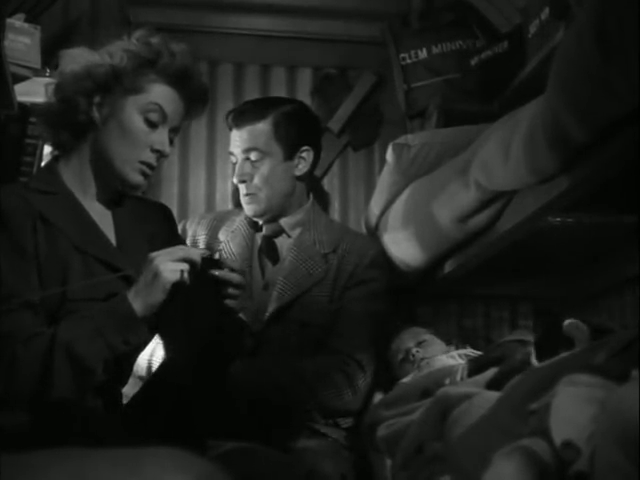
2 thoughts on “Mrs. Miniver (1942)”
Not must-see. Watching it now, it does come off as a film with a value tag that’s very much of its time and it seems quite clear that “the purpose of MGM’s propaganda piece… was to motivate Americans to come to the aid of the British”. And that’s all well and good and admirable.
But the rest of the film that does not concern itself directly with the war is not all that compelling. The film’s most effective sequence – played for maximum tension – involves Garson suddenly happening upon a German pilot in her garden.
This is a film that was given more Oscars than it deserves… as a work of art. Wyler’s direction has been better elsewhere, and Wright and Garson have given better performances. (Garson is better and more memorable in this same year’s ‘Random Harvest’ – which was nominated for 7 Oscars and won.. none.)
A good wartime melodrama but not must see anymore.